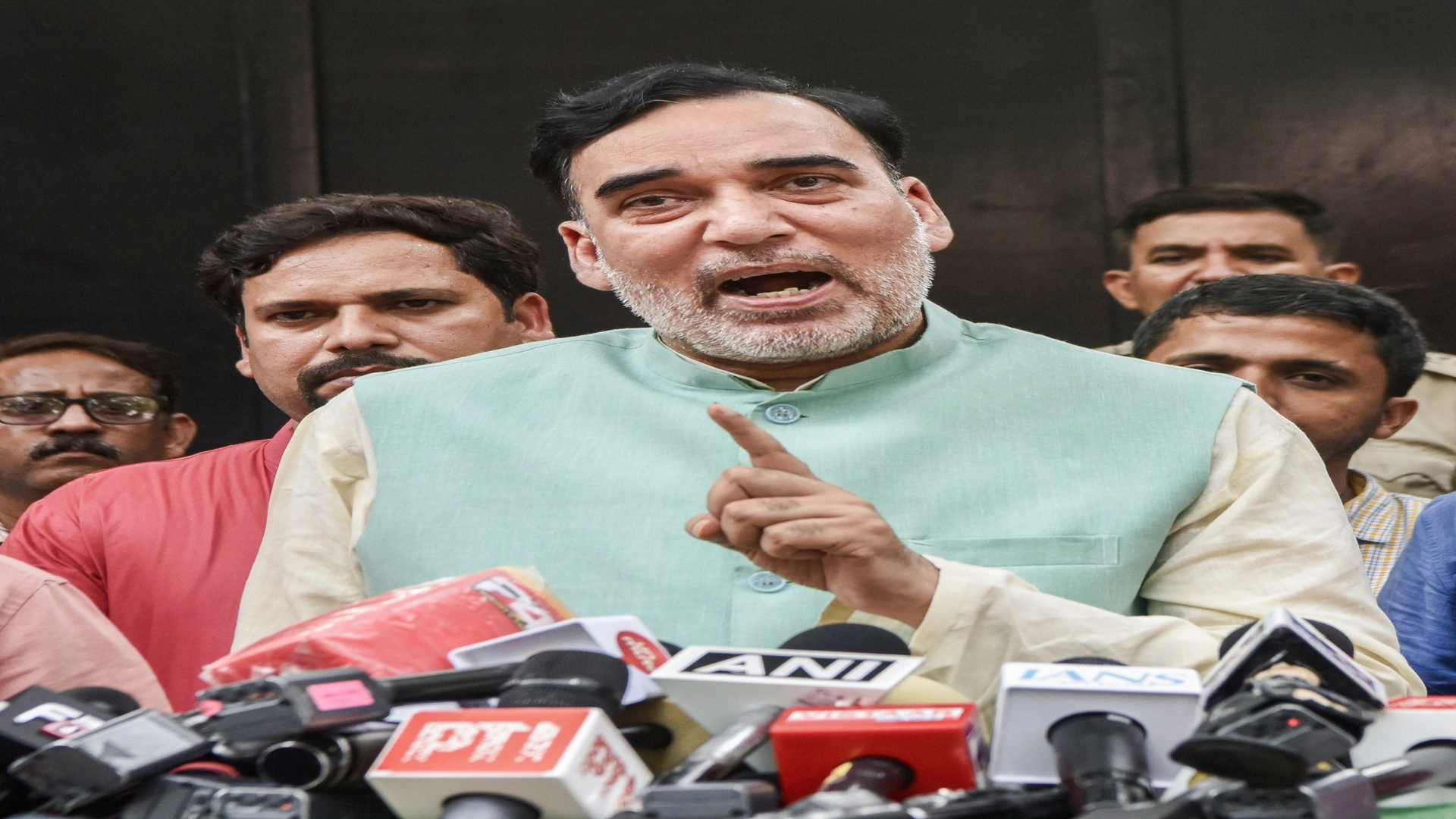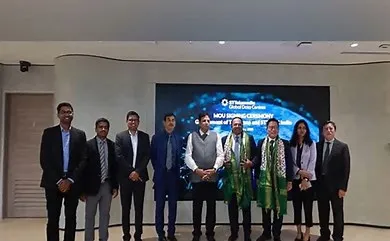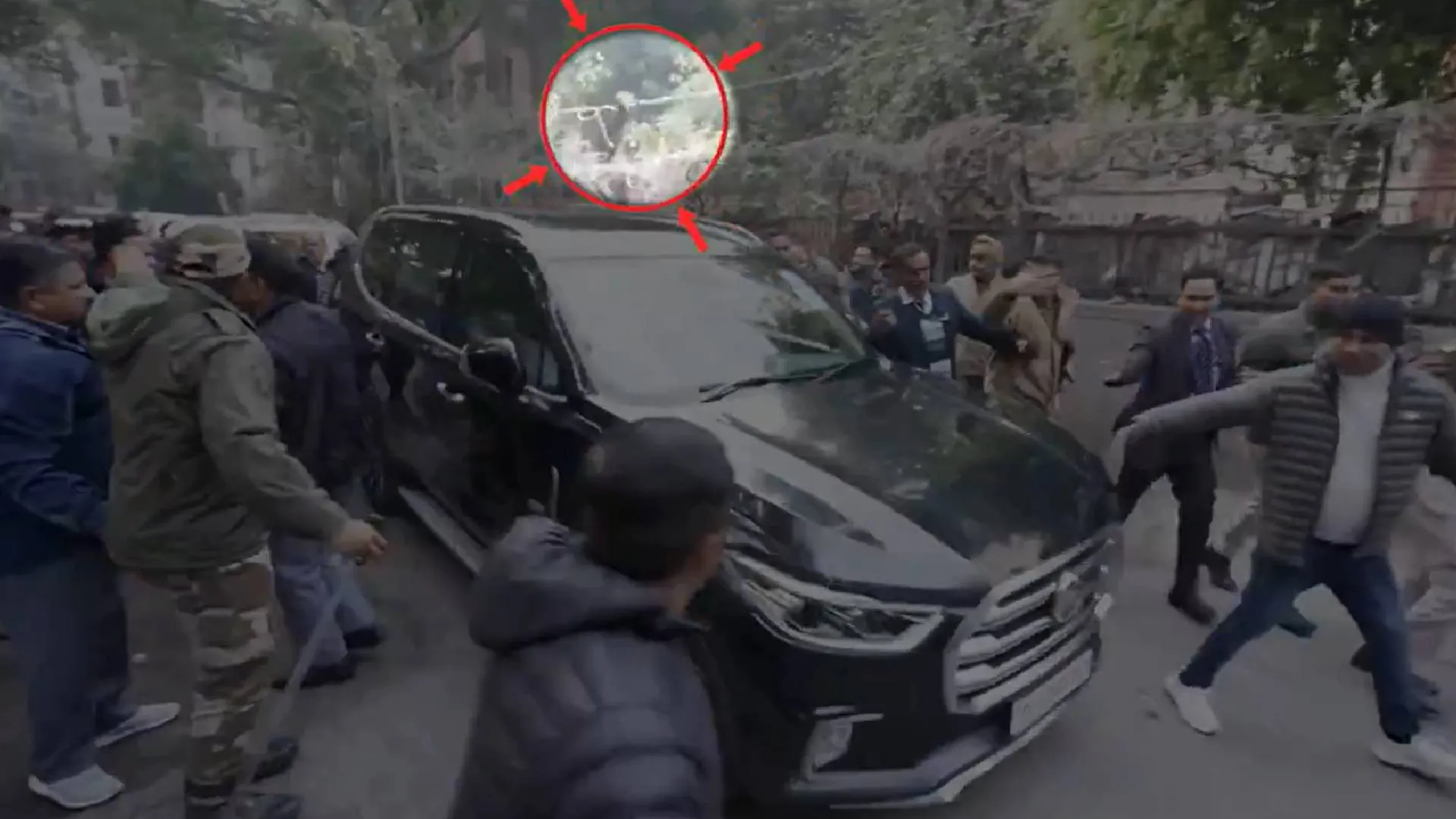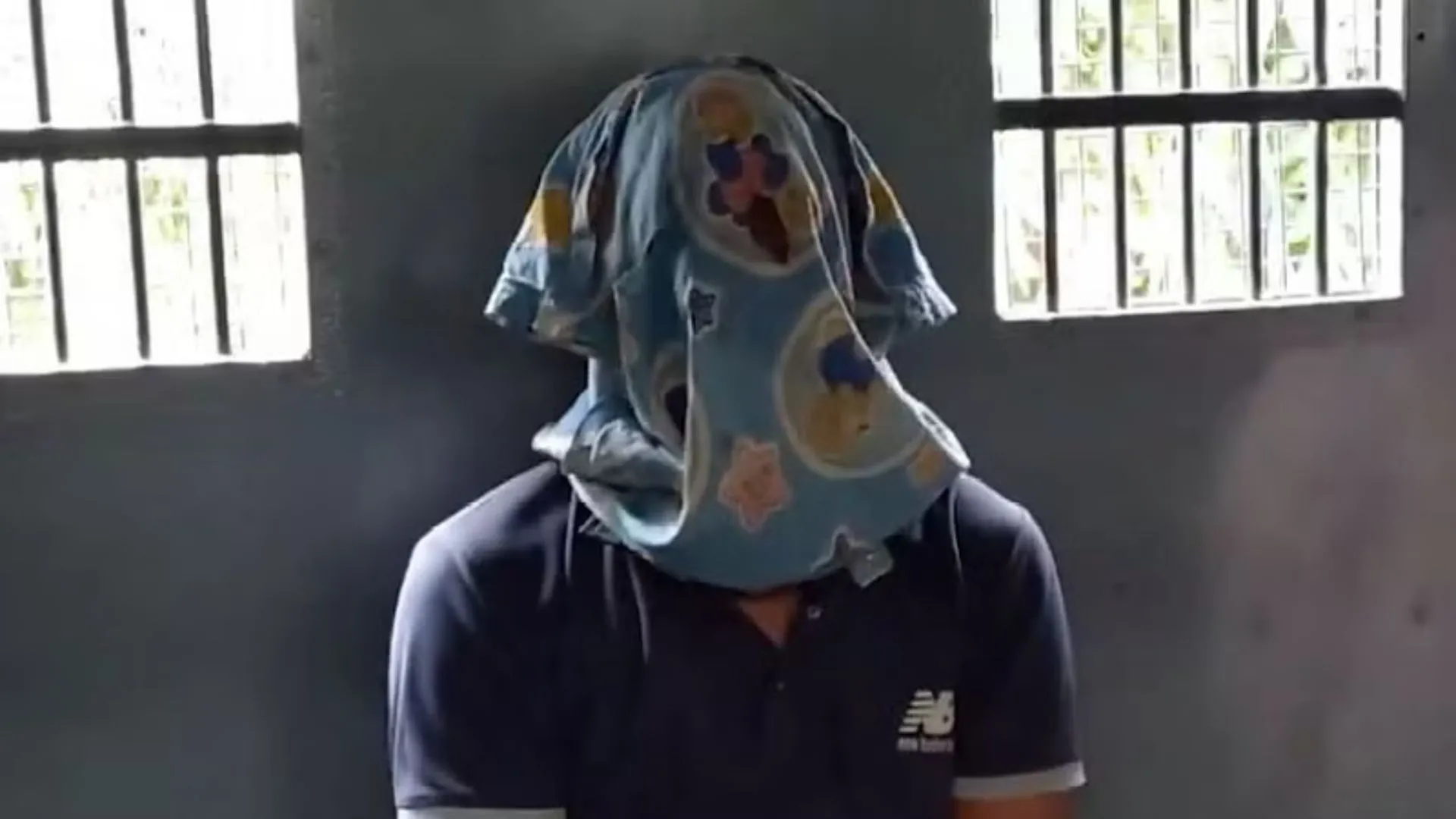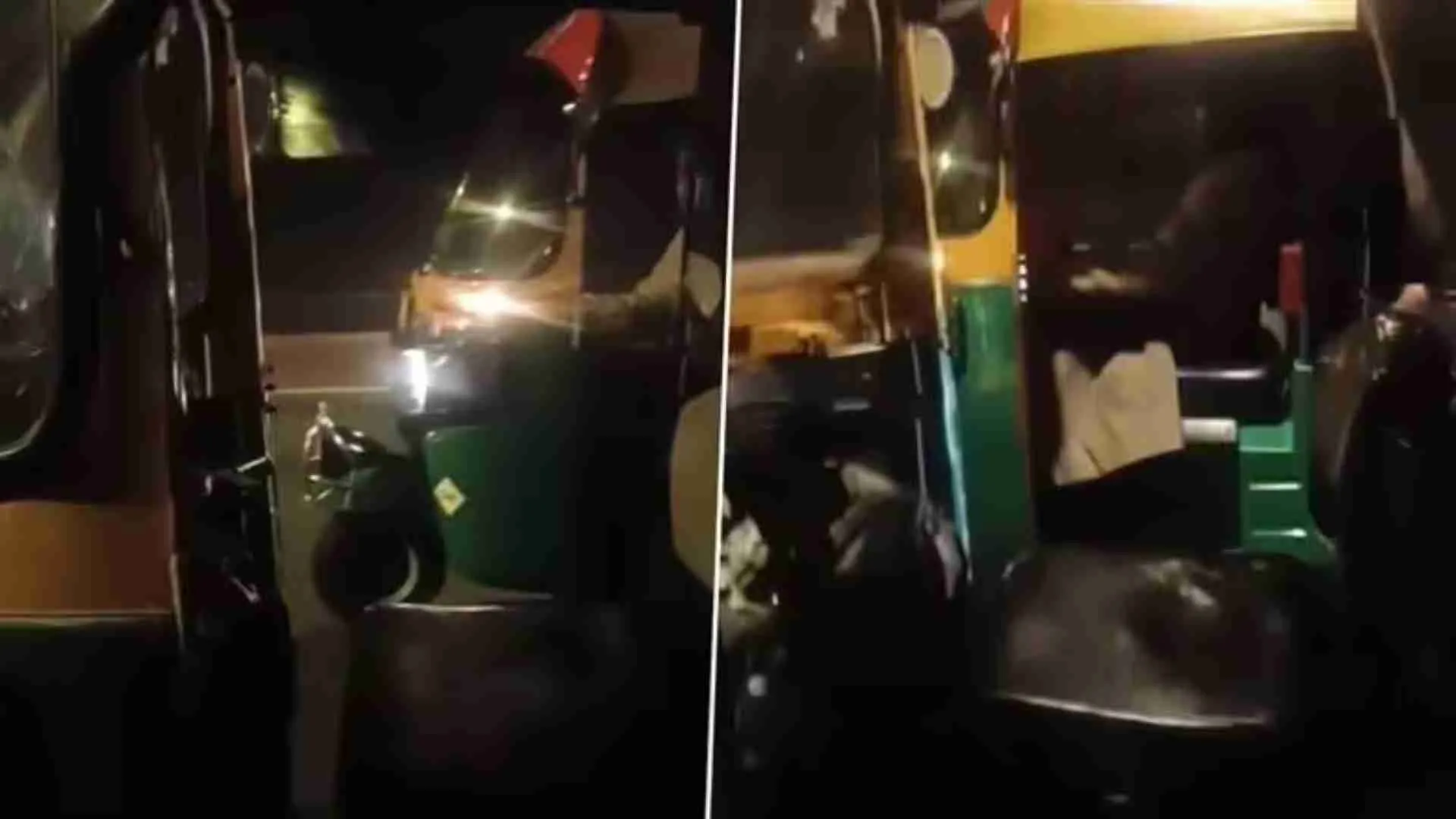Delhi Environment Minister Gopal Rai convened a joint meeting with the Environment Department and the Delhi Pollution Control Committee (DPCC) on Friday, announcing that a comprehensive ‘Winter Action Plan’ has been prepared to combat pollution during the winter months, with a focus on 21 key areas.
According to an official release, each department has submitted reports on these 21 focus areas, which were used to develop the action plan. Rai revealed that the Winter Action Plan will be formally introduced on September 27. Notably, for the first time, drone monitoring will be employed to track pollution at 13 identified hotspots, and a special task force will be established.
The plan addresses several critical areas, including vehicle and dust pollution, promoting work-from-home measures, curbing stubble and garbage burning, managing industrial pollution, and upgrading the War Room and Green App. Coordination with the central government and neighboring states, along with emergency measures such as the odd-even vehicle scheme and artificial rain, are also included in the plan.
Rai emphasized the government’s intensified preparations to tackle winter pollution, highlighting the focus on 21 key areas. These include drone-based monitoring of pollution hotspots, with agencies like the Environment Department, DPCC, MCD, Delhi Traffic Police, DDA, and DSIIDC assigned as nodal agencies for this effort. Additionally, a special task force will be formed to address pollution issues, with the Environment Department acting as the lead agency.
To control dust pollution, multiple agencies—PWD, MCD, DCB, NDMC, DDA, CPWD, I&FC, DSIIDC, Delhi Jal Board, Delhi Metro, NHAI, and the Revenue Department—have been designated as nodal agencies. PWD and MCD will also oversee the operation of mobile anti-smog guns.
To mitigate vehicular pollution, the Delhi Traffic Police, Transport Department, DIMTS, DTC, and Delhi Metro will serve as nodal agencies. For managing pollution caused by stubble burning, the Development and Revenue Departments have been tasked as lead agencies.
Earlier this month, Rai noted the positive impact of the government’s long-term efforts to reduce pollution, citing a 45% decline. He credited the progress to initiatives such as providing 24/7 electricity, introducing 2,000 electric buses, and expanding tree planting efforts across the city.
Also read AAP Seeks Govt Residence for Kejriwal, BJP Reacts
In an interview with ANI, Rai shared, “The pollution levels from January to December in Delhi have shown improvement due to the government’s long-term action plan. We brought in 2,000 electric buses to reduce vehicular pollution, and ensured round-the-clock electricity supply, which helped decrease diesel pollution.”
Rai also mentioned that the green belt in Delhi has expanded, and polluting industries have been shifted to CNG. “We’ve transitioned 100% of polluting industries to CNG. The green cover in Delhi has increased from 20% to 23.6%. We’ve planted millions of trees, and closed the polluting thermal power plant in the city. As a result, pollution levels have been steadily decreasing since our government came into power,” he added.

